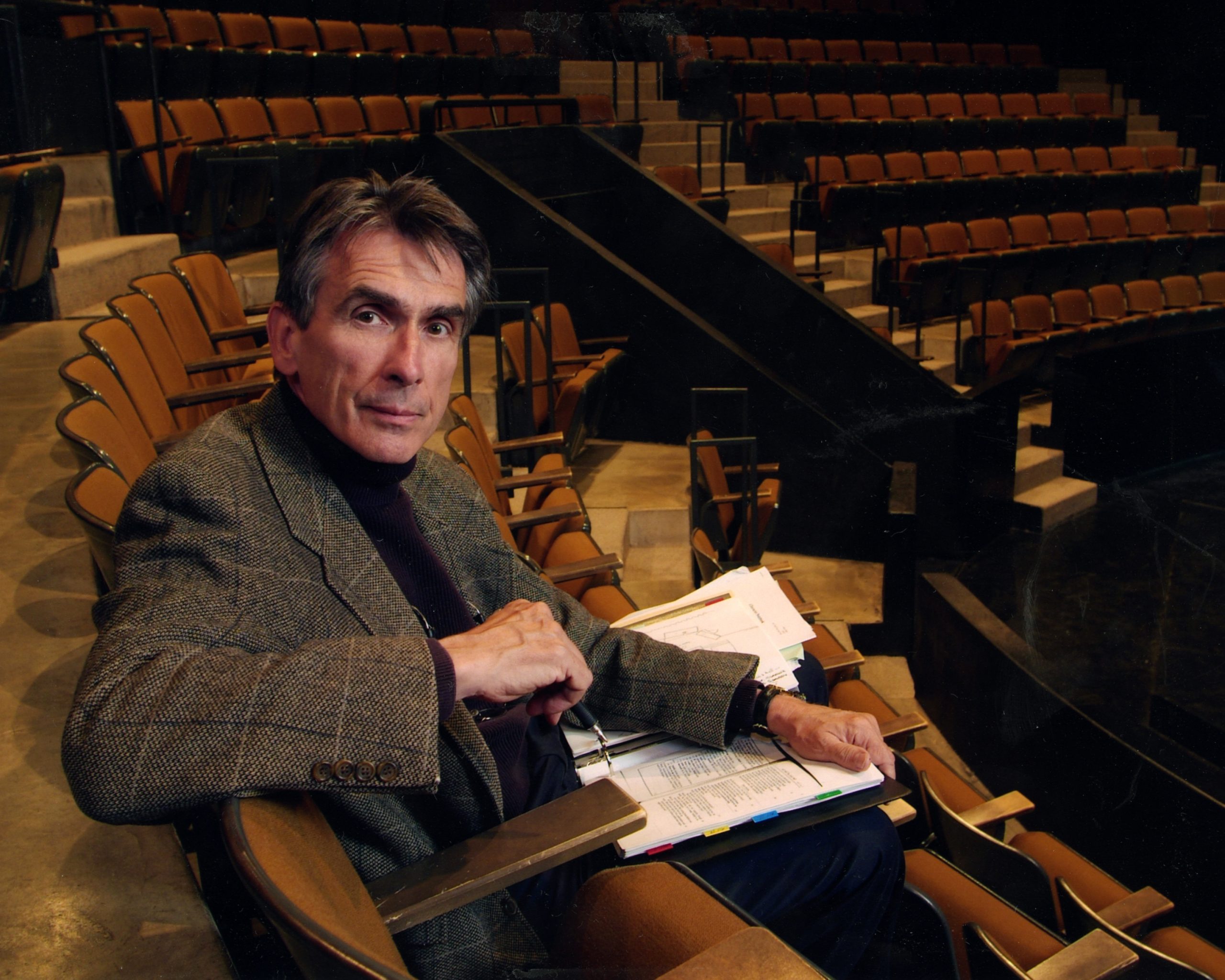In the Carlson Administration Building, in a small waiting area at the top of the stairs, there hangs a large photograph-a portrait. The photograph depicts the most recent winner of the Edgar M. Carlson Award for Distinguished Teaching, an award given each year since 1971 to a member of the Gustavus faculty, selected on the basis of nominations from students, faculty, and staff.
The photographs depicting Carlson winners are studies in contemporary iconography, symbolically representing the life work of these professors. But frankly, I’ve always thought their iconographic potential was underutilized. Because of this, and because I know from personal experience that choosing the imagery for one’s photograph can be a stressful challenge, I’d like to offer some suggestions to this year’s winner for making their portrait represent as many aspects of their professional life as possible.
For starters, how about a candle stub, or an empty oil l amp, to symbolize the countless times you’ve burned the midnight oil with students, to ensure that their work would be of the highest caliber possible?
To represent the ways in which you have collaborated so fruitfully with students and colleagues in departments including classics, English, music, and theater and dance, what do you think about a spider web–say in the upper right hand comer? A little clichéd, perhaps, but certainly evocative of the connections you’ve woven, and also the beautiful works that have emerged from them.
I understand that the poetic symbol of Russia is a birch; perhaps you might consider having your photo taken under a birch tree, to call to mind your deep interest in certain Russian artistic activities.
And of course to make sure that no one mistakes which activities those are, you’ll have to include those famous masks representing comedy and tragedy.
Rob Gardner, I am happy to announce that, as the winner of the 2005 Edgar M. Carlson Award. Your portrait will greet visitors to the Carlson Administration Building.
Robert M. Gardner, professor in the Department of Theatre and Dance, has been a member of the Gustavus faculty since 1971. He received his B.A. from Oberlin College, h is M.A. and Ph.D. from the University of California at Berkeley, and has held the Edgar and Ethel Johnson Professorship in Fi ne Arts at Gustavus.
During his career, Professor Gardner has brought more than 60-601-productions to the stage 111 Anderson Theatre, representing a great diversity of genres and periods, ranging from Greek t raged y to 20th-century madcap musical. He has collaborated with artists from Russia, Sweden, and India-and also with a few puppets.
Professor Gardner teaches both beginning acting students in search of that elusive Arts-P credit, and also students whose heart’s desire is to pursue professional careers in the theater. He works heroically to meet the needs of both groups. No doubt some students in the former category regularly find themselves drawn into the latter by the effectiveness of his teaching. Notably, his former students include men and women well known and highly regarded in the theater world, as well as some folks whose names could probably get them a table at a busy Hollywood restaurant during the lunch rush.
As one well-placed col league notes, during his career, “Professor Gardner has studied his art continually… thus bringing fresh new ideas to the classroom…as well as to the stage.” Indeed, during his most recent sabbatical, Professor Gardner studied both acting and actor training, concluding his sabbatical by performing in Dancing at Lughnasa at Park Square Theater in Minneapolis. As Professor Gardner notes of his ongoing work to perfect his own professional art, “I was not… In the eyes of my students, ‘just’ a university trained teacher of acting/directing-I had been out in ‘the real world,’ suffered the humiliations and successes of a working actor, and had some tales to tell…”
Professor Gardner, on behalf of my colleagues, thank you for 34 years of creative work as teacher, actor, and director. Congratulations.
Presented by Lisa Heldke
Professor of Philosophy
2004 Recipient of the Edgar M. Carlson Award

Leave a Reply
You must be logged in to post a comment.